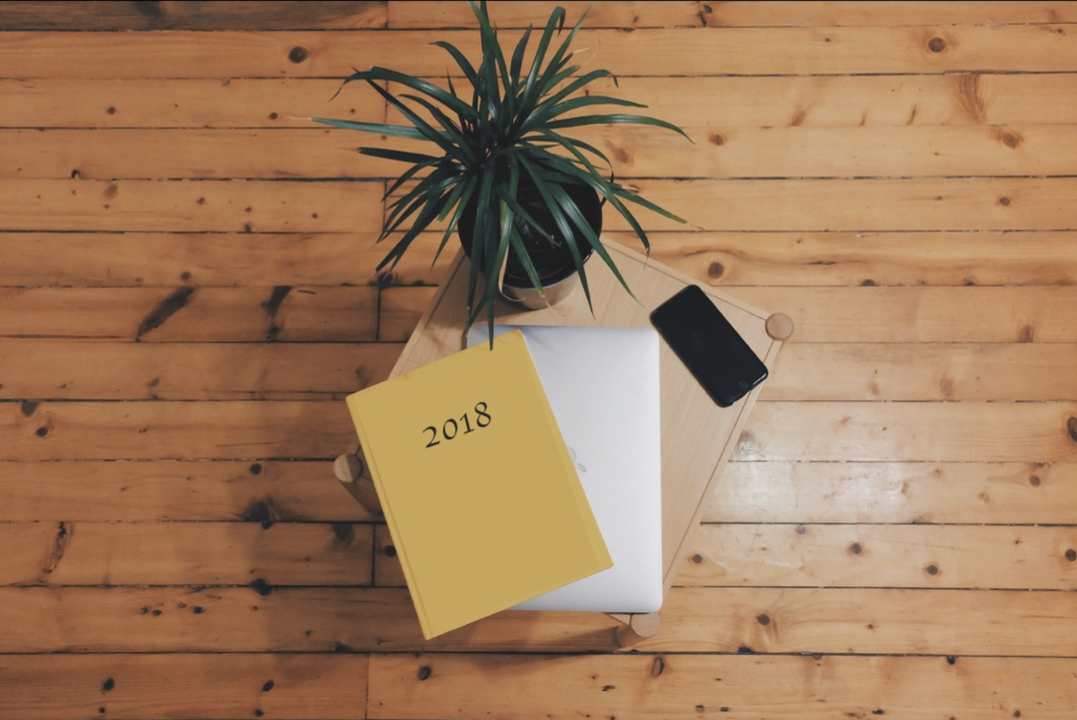A popular new year’s resolution is to declutter our homes. We realise that our cluttered living spaces are taking too much of our time and energy. But does decluttering benefit actually benefit us? And what is minimalist living?
Minimalist living refers to living with less in general. Decluttering only really means to organise our possessions. But real peace doesn’t come from tidiness. It comes from owning fewer things. As Joshua Becker from Becoming Minimalist says, “When I waste less time and money shopping or caring for physical possessions, I discover more time and money and energy to pursue those things I actually need to live a healthy, fulfilled, and accomplished life.”
Minimalist living = living with less
There is a difference between decluttering and de-owning. When you declutter, you end up with a tidier home, but you still don’t have fewer things. Inevitably we end up spending more and more to keep our spaces organised, because as our possessions increase, so does the need for storage space to keep it organised. We spend money on storage containers, storage units, and even bigger houses.
Sentimentality
If you’re a very sentimental person, you might find it difficult to let go of certain possessions, even if they take up a lot of space or are utterly useless. Consider taking a photo of the item and then discarding or donating it – this way you will remember it with the benefit of being freed from it. You can keep all your sentimental photos in one folder on your computer, or print them out and either file them or store them in a box. A box of photographs takes up much less space than a box of junk or items someone else might find useful.
The emotional side of minimalist living
Minimalist living is more than just clearing our spaces of clutter. It also includes clearing our time, our thoughts, and our hearts from unnecessary and unwanted things.
Read our next article for tips about minimalist living!

